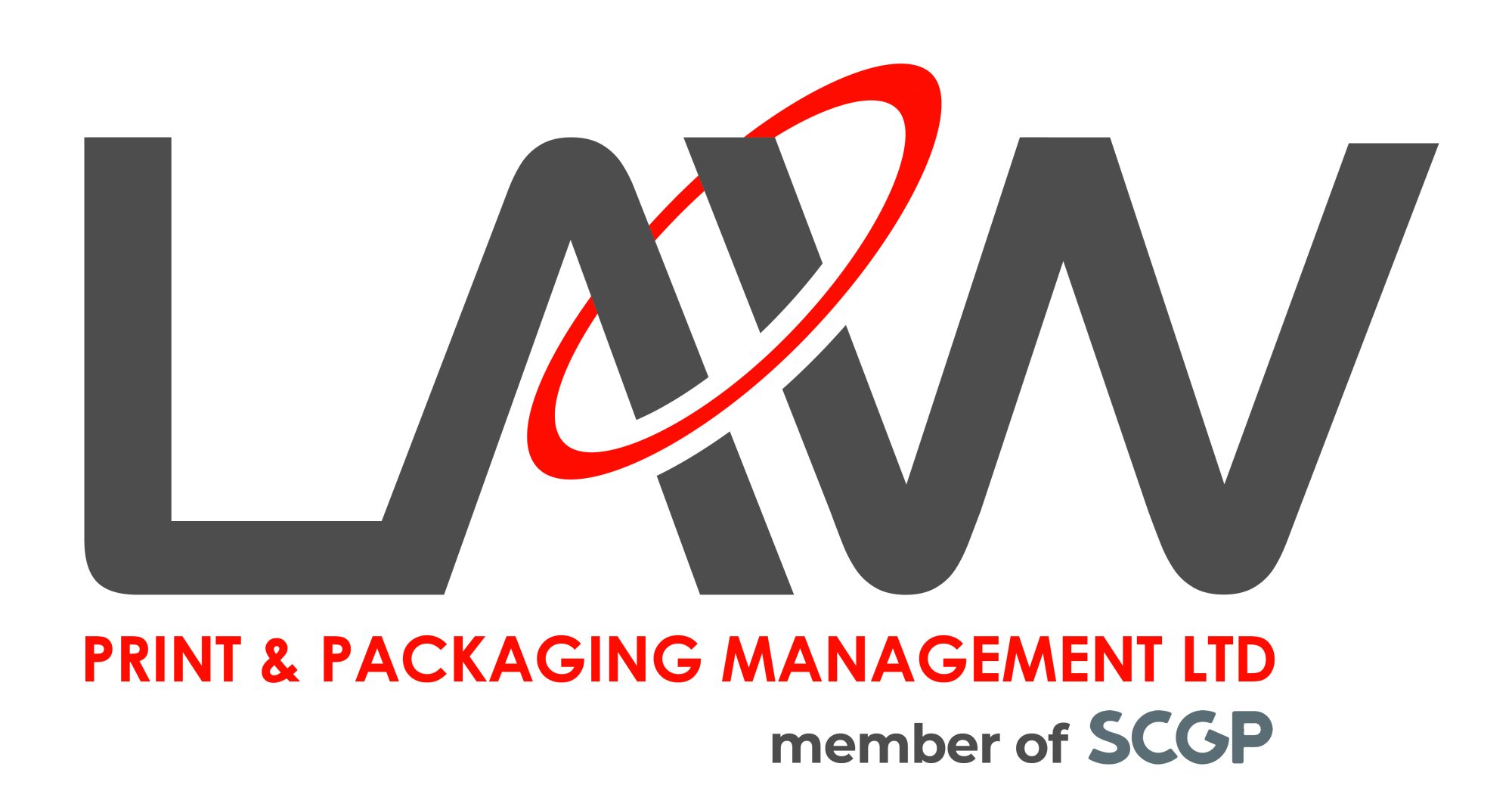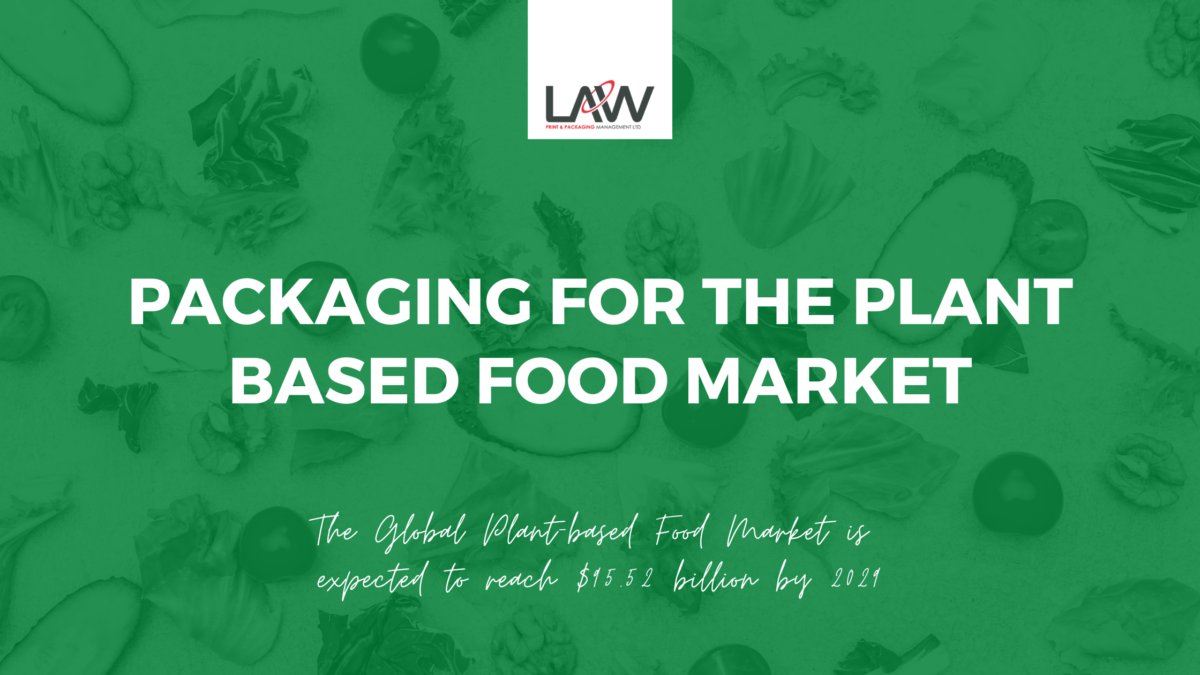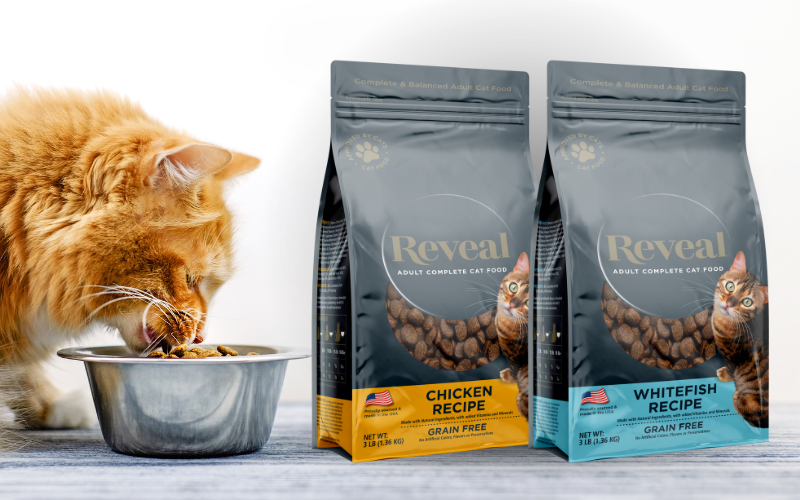The Global Plant-based Food Market is expected to reach $95.52 billion by 2029. It is growing at a CAGR of 12.4% during the forecast period of 2022 to 2029.
Going plant-based is a growing trend amongst eco- and health-conscious consumers. It is not so much a diet as it is a general approach to eating, but also a lifestyle that seems to have transitioned across to packaging, in the race to sustainability and greener solutions.
What is plant-based packaging?
They’re bags with a type of plastic made from renewable biological sources, as opposed to traditional plastics, which are made from fossil fuels. The bio-bases can run from vegetable oils to corn starches to food crops.
Bioplastics are often used to laminate paper bags and protect their content. PLA, corn starch and potato-derived films are most common in the manufacture of pet food and other food packaging.
Is paper packaging truly sustainable?
Most would argue that paper bags are the most sustainable packaging solution. This is because paper comes from trees, and trees are a renewable resource.
However, most paper bags are in fact lined with plastic, to keep products fresher for longer and protect the paper layer from moisture within the packaging. Therefore, this bag is only deemed recyclable if the plastic content falls under 15% of the overall thickness of the packaging, and will soon be limited to 10% from January 2023.
How can I make sure I am ready for growth within the plant-based food market?
Once you have your product, it is time to start thinking about your packaging. At Law Print, we have a number of options for your business. PE/PE is used for a variety of different plant-based applications such as food, pet food, protein powder, healthy supplements and vegan/vegetarian sweets.
Paper is a more traditional material. It can be used for dry food products such as flour or sugar. But this is provided that some exact specifications are made, and not all of the outcomes can be recycled.
What’s the best option for your business?
At Law Print, we always listen to the wishes of our customers and specify the best packaging for their needs. Suppose you want to reach certain sustainability goals and are thinking of using plant-based packaging, but your product application requires certain barrier properties. This could still be achieved in a much better way by keeping within the realms of PE/PE or BOPP/PP mono material packaging.
If your brand is looking to invest in quality packaging, we will guide you through the entire print process. We are providing recommendations along the way to improve efficiency, reduce costs and add untold value to the end product.


